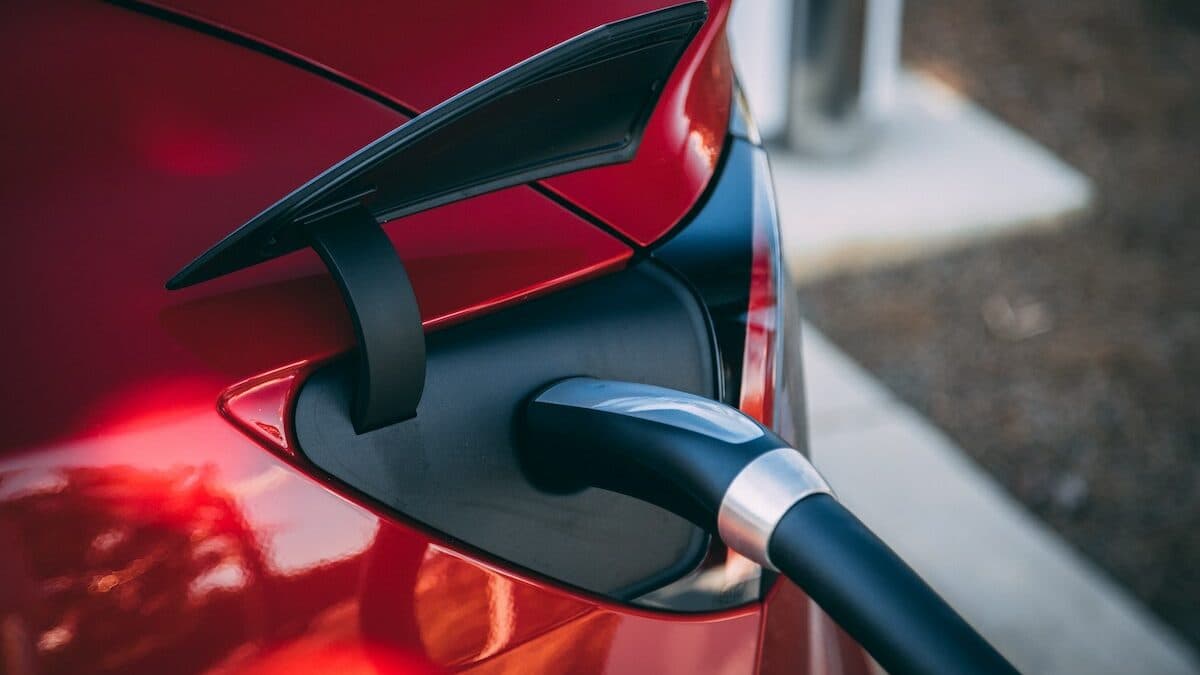Electric vehicle (EV) demand in Australia has increased once again, but EV adoption must continue to accelerate for Australia to meet its carbon reduction targets. According to a new report, the major impediment to EV adoption is a shortage of vehicles.
According to the Electric Vehicle Council’s current State of EVs report, EV sales now represent 3.39 per cent of all vehicle sales, a 65 per cent growth from 2021. This state leads the country in EV sales, accounting for 9.5% of all new car sales in the ACT. Following that are New South Wales (3.7%), Victoria (3.4%), Queensland (3.3%), Tasmania (3.3%), Western Australia (2.8%), South Australia (2.3%), and the Northern Territory (0.8%).
While no single government leads on every policy area, the ACT and NSW lead overall (8/10), followed by the federal government (7/10), Queensland (6/10), Victoria (5/10), SA, NT, and WA (4/10), and Tasmania (3/10). Since 2021, there has been a 22 per cent growth in fast and ultra-fast charger locations, with approximately 350 chargers being available to the public.
While the increased interest was welcome, Electric Vehicle Council Head of Policy Jake Whitehead stated that Australia still required a solid National EV Strategy to keep up with the rest of the globe.
“It’s great to see so much momentum behind EV sales in Australia, but to put our 3.4 per cent in context – Germany sits at 26 per cent, the UK at 19 per cent, and California at 13 per cent. The global average is 8.6 per cent, so Australia has a long, long way to come,” Dr Whitehead said.
“We know from all the research that Australians are keen to get behind the wheel of an EV, but they just aren’t getting the access that other markets get. Because our governments have lagged behind the world on EV policy, Australia is still something of an afterthought for global EV manufacturers. So Australian consumers have a smaller range of EVs to choose from, and they are also being forced to wait for many months or even years to take delivery of new vehicles.
“The good news is that the new federal government understands the opportunities of EVs and is working on a genuine EV strategy. Although that strategy will need to include a range of measures, high on the list must be fuel efficiency standards.
“If Australia does not introduce fuel efficiency standards on par with the EU and the US, we will continue to lag the world by a huge margin. Given that transport makes up 19 per cent of Australia’s emissions, we also can’t say we’re serious about achieving our 2030 emission reduction target without fuel efficiency standards.”
By the numbers
In the first three quarters of 2022, a total of 26,356 EVs were sold. In Australia, EVs now account for 3.39% of new car sales (YTD September 2022), up from 2.05% in 2021. So far, the Tesla Model 3 has continued to dominate EV sales in 2022, accounting for 33% of new EVs sold.
Despite the fact that Model Y deliveries only began in August of this year, it has already ascended to second place on the sales chart, accounting for 20% of new EV purchases. Encouragingly, there are 25 different EV models in Australia that have sold more than 200 units each 2022 as of September 2022. The sales data for the top 15 EV models are listed below.
The policy barrier
Consumers eager to make a move to an electric vehicle have resulted in some models selling out within minutes of becoming available for purchase. This ongoing demand for EVs is not being addressed due to a scarcity of EV models in the Australian market, largely due to the lack of a fuel efficiency standard.
Adopting a strong and ambitious fuel economy standard is a prerequisite for significantly boosting the availability of EV models in Australia. Furthermore, temporary incentives to decrease the upfront cost of EVs, as well as support for the construction of charging infrastructure, will remain essential policy levers for accelerating EV adoption and getting Australia on an emissions reduction path aligned with our goals.
Keep up to date with our stories on LinkedIn, Twitter, Facebook and Instagram.

